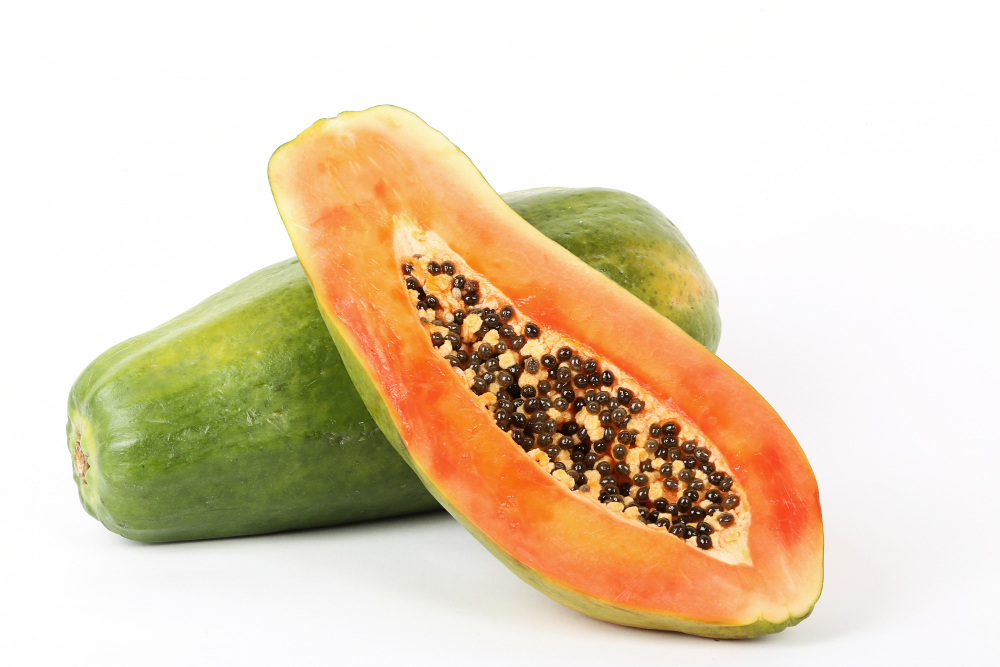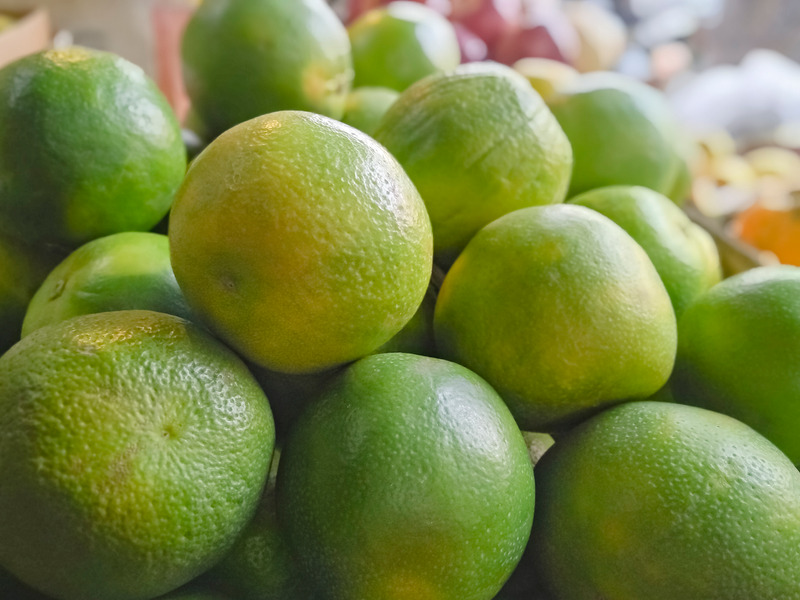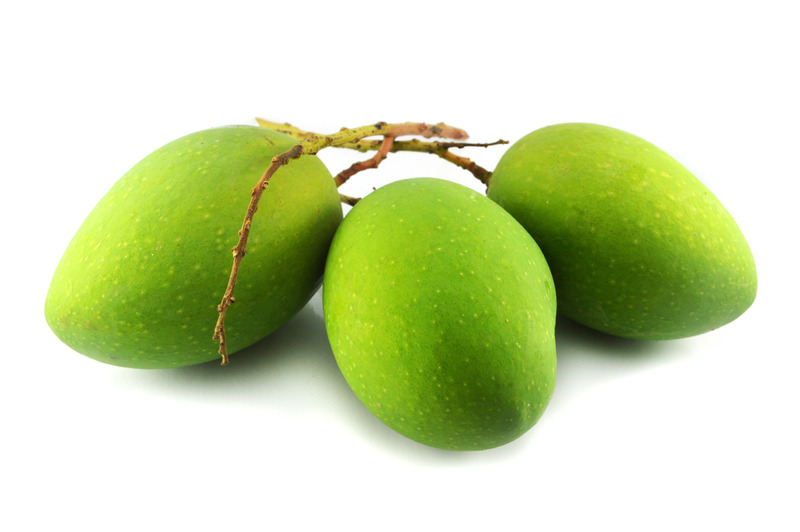Description
About Papaya:
Papaya is a tropical fruit native to Central America but widely grown throughout tropical and subtropical regions, including India. It has a unique pear-like shape with smooth, green to yellow-orange skin when ripe. The flesh inside is typically orange to pinkish-red, with black seeds clustered in the center.
Nutritional Benefits:
Papayas are rich in essential nutrients and antioxidants, making them highly beneficial for health:
Vitamins: They are a good source of Vitamin C, Vitamin A (from beta-carotene), Vitamin E, and Vitamin K.
Minerals: Papayas contain potassium, magnesium, and calcium, which are important for various bodily functions.
Digestive Enzymes: Papayas contain enzymes like papain and chymopapain, which aid in digestion and may help alleviate digestive issues.
Health Benefits:
Digestive Health: The enzymes in papaya, particularly papain, help break down proteins and aid in digestion.
Immune Support: High Vitamin C content boosts the immune system and supports overall health.
Antioxidants: Papayas are rich in antioxidants like carotenoids and flavonoids, which help protect cells from damage caused by free radicals.
Culinary Uses:
Raw Consumption: Ripe papayas are typically eaten fresh, either on their own or added to fruit salads.
Juices and Smoothies: Papaya juice and smoothies are popular beverages, often blended with other fruits or yogurt for added flavor and nutrition.
Cooking: Unripe papayas are used in savory dishes, such as curries and salads, especially in South Indian and Southeast Asian cuisines.
Desserts: Papaya is used in desserts like jams, jellies, and ice creams due to its natural sweetness.
Cultural Significance:
In India, papayas are not only valued for their flavor and nutritional benefits but also play a role in traditional medicine practices.
They are used in religious rituals and offerings in some regions.
Storage and Ripening:
Ripening: Papayas ripen at room temperature. Placing them in a paper bag can accelerate the ripening process.
Storage: Once ripe, store papayas in the refrigerator to extend their shelf life. They can last for a few days before becoming overly ripe.
Quality Assurance and Consumption Tips:
Choose papayas that are firm with smooth skin and yield slightly to gentle pressure when ripe.
Avoid papayas with blemishes or overly soft spots, as they may indicate overripeness or spoilage.
Papayas are not only delicious and versatile but also offer a range of health benefits, making them a popular choice among fruits in India and beyond. Whether enjoyed fresh, juiced, or cooked, papayas contribute to a nutritious diet and add tropical flavor to various culinary creations.






Reviews
There are no reviews yet.